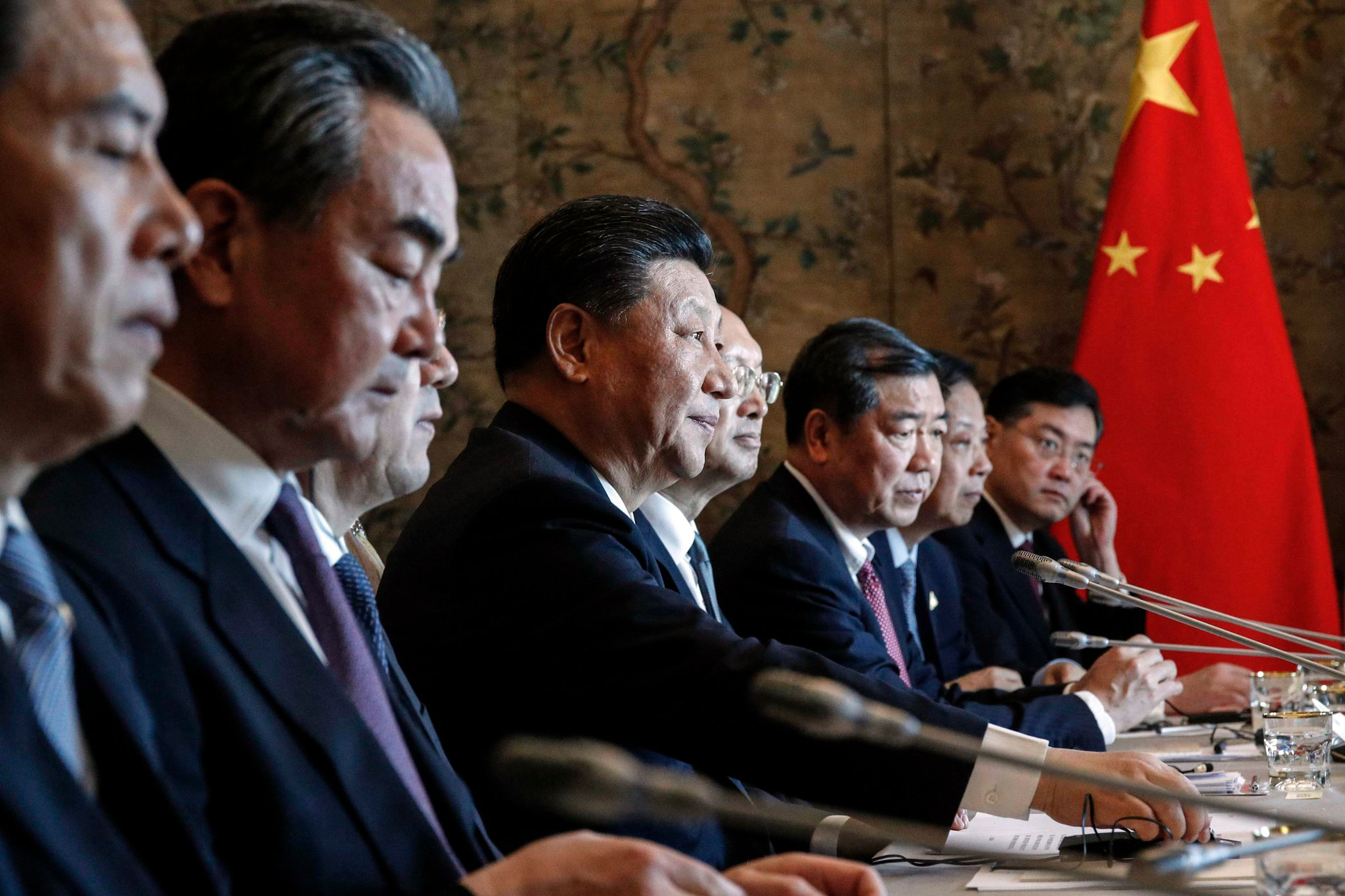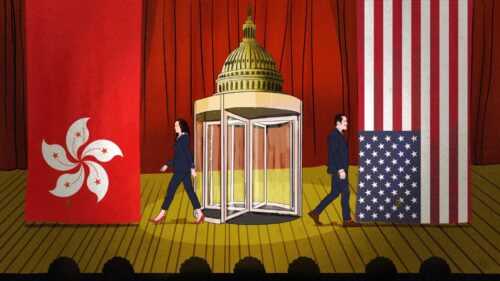The day in Sino-American hostilities

Exactly 265 days ago, the Trump administration imposed large-scale tariffs on China, and Beijing retaliated, marking the first day of the trade war. Though U.S. negotiators are about to embark on yet another trip to Beijing to hash out the details of modern economic connection between the countries, the shadow of 19th- and 20th-century history is getting longer.
The New York Times writes (porous paywall) that behind China’s pushback in trade talks “is a long and painful history of China surrendering to Western powers, with origins in what the Chinese news media refers to as a ‘century of humiliation’ that began with the ‘unequal treaties’ of the 19th century after the first Opium War.”
That explains why:
While the administration’s requests surrounding forced technology transfer and subsidies of state-owned enterprises remain unresolved, the deepest division centers on the United States’ insistence of an enforcement mechanism that gives it power to impose tariffs if China abrogates its end of a trade agreement.
Meanwhile, in Washington, the Trump administration’s former chief strategist and widely reviled ethnonationalist, Steve Bannon, is taking up anti-Communist initiatives specifically modeled after 20th-century paranoia with vigor. The South China Morning Post reports:
A group of Washington policy advisers and former US government officials including Steve Bannon have revived a cold war-era advocacy organisation to take aim at China, which it called “an aggressive totalitarian foe.”
The Committee on the Present Danger: China, or CPDC, will be launched to facilitate “public education and advocacy against the full array of conventional and non-conventional dangers” posed by the ruling Chinese Communist Party, the group said in an announcement on Monday…
“As with the Soviet Union in the past, communist China represents an existential and ideological threat to the United States and to the idea of freedom — one that requires a new American consensus regarding the policies and priorities required to defeat this threat,” the committee’s announcement said.
SCMP reporter Owen Churchill notes that the committee’s “Vice-Chair is Frank Gaffney, known for peddling anti-Islamic conspiracy theories, not known for China expertise.”
On a more practical and slightly less ideological level, the U.S. government is continuing to tighten its scrutiny of Chinese investment, and, apparently, Chinese student visas:
- Briefing: Chinese firm looking to sell Grindr after US raises security concerns / TechNode
“The owner of popular LGBTQ dating app Grindr has canceled plans for the app’s IPO and is now seeking to sell it at auction after the Committee on Foreign Investment in the United States (CFIUS) said its ownership poses a national security risk. Gaming company Beijing Kunlun Tech bought Grindr in 2016 for $93 million but never submitted its acquisition for CFIUS review, which made committee action possible even years after the purchase was completed.” - In depth: Chinese students in limbo as wait for U.S. visas stretches for months / Caixin
“Since early March, many Chinese students who have not been able to return to the U.S. for the most recent semester have been organizing through a WeChat group in hopes of raising awareness of their plight. Many came back to China at the end of 2018 for winter vacation — but have since suffered through a long and opaque administrative process.
Some of the groups quickly grew to have more than 100 members. Some students have already completed their undergraduate studies in China and were working on masters or doctoral degrees in engineering or the sciences in the U.S. Others are studying in the fields of artificial intelligence, aviation, or the material sciences.”






